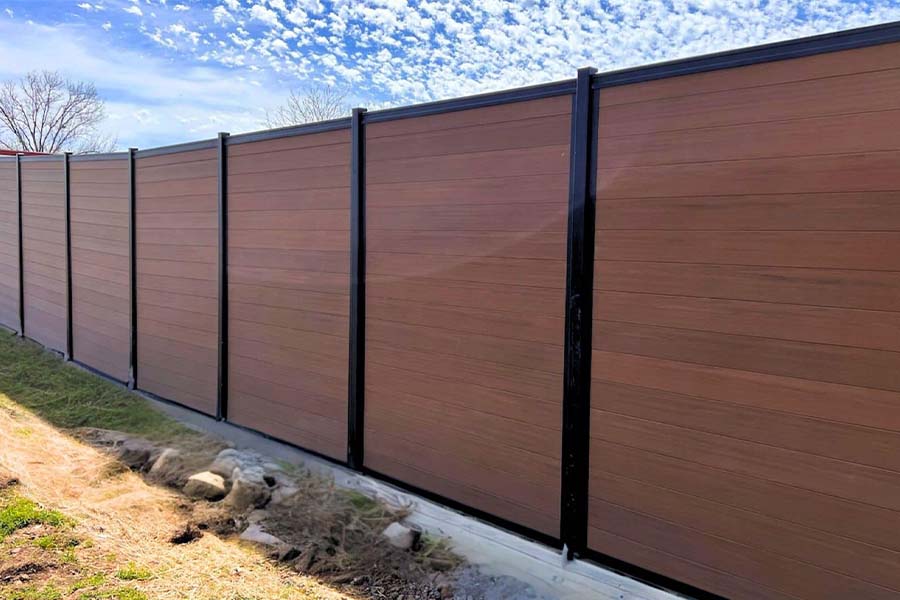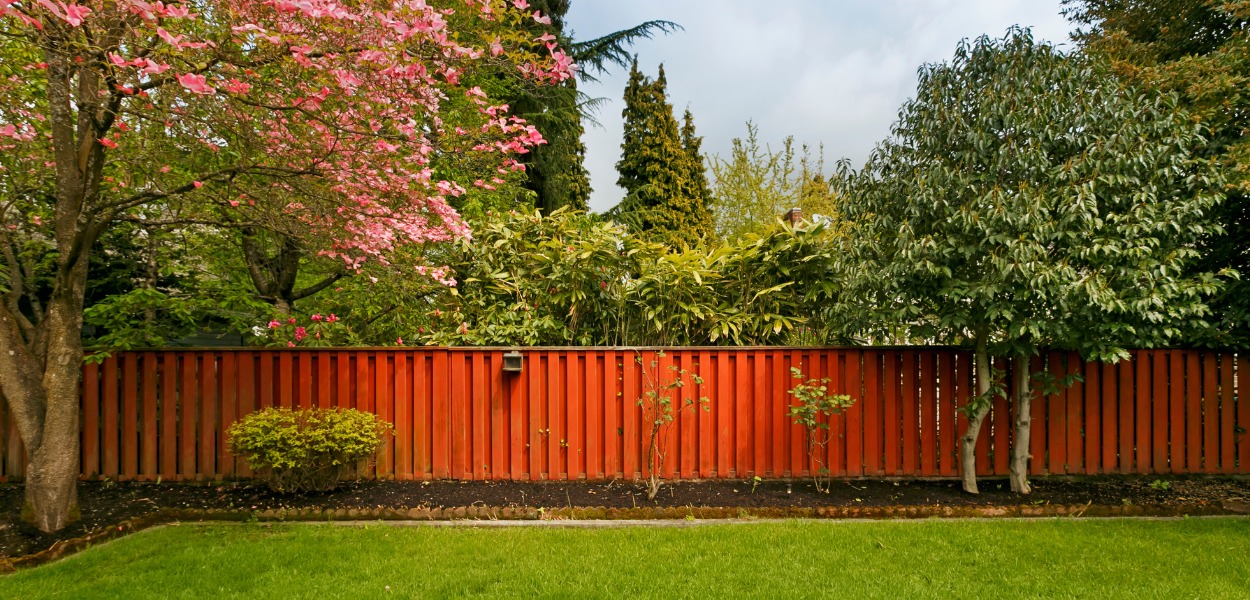All Categories
Featured

When mounting a fencing, choosing the best product is crucial to stabilizing capability, aesthetics, and budget plan. Wood, plastic, and aluminum are amongst the most generally chosen fence products, each with its downsides and strengths. This guide discovers the pros and disadvantages of these options to assist you make an informed decision.

Timber Fence. Pros:. Natural Elegance: Wood's timeless beauty can enhance any kind of building with its timeless and warm look. Adjustable: You can repaint, tarnish, or sculpt timber to fit your style choices. Inexpensive: Wood fence is initially much more economical compared to some various other materials. Eco Friendly: As a renewable energy, wood is biodegradable and usually taken into consideration green. Disadvantages:. Maintenance-Intensive: Routine securing, painting, or discoloration is required to stop damage from weather condition and pests. Prone to Degeneration: Without correct care, wood can rot, warp, or fracture in time. Much shorter Life expectancy: Typically, wood fences last 10-15 years, relying on the sort of timber and upkeep. Timber is a great option for those who value looks and agree to buy normal maintenance to maintain its appearance and longevity.
Vinyl Fencing. Pros:. Low Upkeep: Vinyl calls for marginal care-- simply occasional cleansing with soap and water. Weather condition Resistant: It does not warp, rot, or succumb to insect damage, making it extremely sturdy in different environments. Longevity: Plastic fencings can last 20-30 years with little to no repair work. Layout Variety: Available in a wide array of textures, styles, and shades, consisting of wood-like looks. Cons:. Higher First Expense: Vinyl fencings are more pricey ahead of time compared to timber. Vulnerability to Cold: In incredibly winter, plastic can become weak and vulnerable to fracturing. Restricted Fixing Options: Matching substitute panels can be challenging if damage happens. Plastic fencing is suitable for house owners looking for a resilient, low-maintenance service that offers contemporary adaptability.

Light Weight Aluminum Fence. Pros:. Rust-Proof: Aluminum stands up to rust, making it a superb choice for moist or damp environments. Durable: Despite being lightweight, aluminum is solid and can withstand harsh weather problems. Reduced Upkeep: It calls for very little upkeep, generally only periodic cleansing. Long Lifespan: Aluminum fencings can last decades without significant wear and tear. Elegant Style: Typically utilized for decorative objectives, light weight aluminum fence includes a streamlined, innovative seek to residential or commercial properties. Disadvantages:. High Initial Financial investment: Aluminum fences are amongst the more expensive alternatives on the market. Much less Personal privacy: The open designs usual with aluminum secure fencing do not provide much personal privacy. Vulnerable to Damage: While durable, light weight aluminum can damage if struck with sufficient pressure. Light weight aluminum is an exceptional option for home owners prioritizing looks and durability without calling for much upkeep.
Making Your Decision. When determining in between aluminum, plastic, or wood secure fencing, consider your priorities:
Timber fits those that value a natural look and do not mind placing in maintenance effort. Plastic is the ideal alternative for those looking for a low-maintenance, weather-resistant remedy. Aluminum offers smooth design and long-lasting sturdiness however may lack personal privacy. By very carefully assessing these products' attributes, you can choose a fencing that enhances your property while fulfilling your visual and useful requirements.
Latest Posts
Design and Efficiency Combined
Published Apr 21, 25
1 min read
The Convenience and Effectiveness of Billing Your EV
Published Apr 21, 25
1 min read
Fast & Reliable Auto Repairs - Reserve Your Spot with Montclare Auto Repair Without Delay
Published Apr 21, 25
2 min read